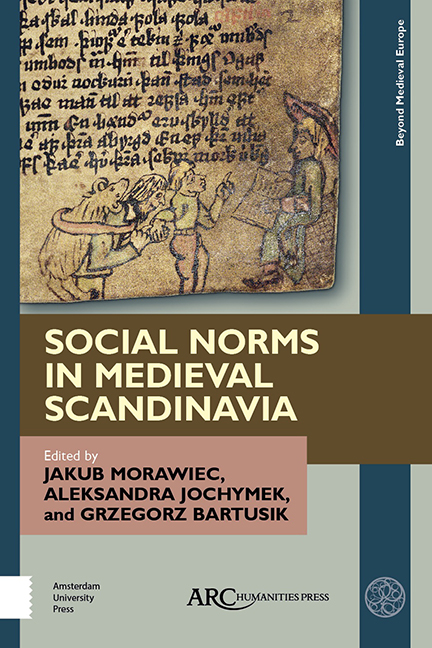Chapter 7 - Dating, Authorship, and Generational Memory in Ljósvetninga saga: A Late Response to Barði Guðmundsson
Published online by Cambridge University Press: 20 November 2020
Summary
LJÓSVETNINGA SAGA IS a saga that relates some of the major feuds in the Eyjafjǫrðr area in northern Iceland in the late tenth and eleventh centuries. The debate around the saga has, from the late nineteenth century to the late twentieth century, revolved mostly around the saga's origins and composition. This is mainly due to the fact that Ljósvetninga saga's transmission is unique; two differing medieval redactions exist: Aredaction, preserved only in the fragmentary fifteenth-century vellum manuscript AM 561 4to, and C-redaction, preserved in the extremely fragmentary fifteenth-century manuscript AM 162 c fol. and its paper copies. Where at times the two texts are nearly identical, in other instances they differ in names, narrative structure, and possibly even in content. As such, the saga was one of the important argument pieces for the continental Freiprosa oral school of thought, which argued that this is evidence for differing oral origins for the saga, and the Buchprosa literary school of thought, also known as the Icelandic School, which argued that the differences between the two redactions were mainly due to artistic, authorial manipulation. When the debate between these two schools of thought subsided, so did the interest in Ljósvetninga saga, since its main point of discussion was around its origins.
One scholar who looked beyond the issue of Ljósvetninga saga's origins is the Icelandic scholar Barði Guðmundsson (1900– 1957), also an Alþingi (Icelandic Parliament) member. His reading went deep into the saga, suggesting that each detail described in it could be understood in light of thirteenth-century Icelandic politics. His approach is a clear case of overdoing things, and it is clear from his writing that there is a certain conflation between the way events in Sturlunga saga are described and how the actual historical events they describe took place. Nevertheless, his reading of Ljósvetninga saga reveals much of what still preoccupies saga scholars; namely issues of dating, authorship, and how the past is remembered in these texts. These three key issues are tied to one another; establishing dating is critical for establishing authorship, and vice versa. Finally, arguments regarding the memory of the past cannot ignore questions of authorship and dating; we need to understand who the people were who actually did the act of remembering embodied in the saga text.
- Type
- Chapter
- Information
- Social Norms in Medieval Scandinavia , pp. 139 - 154Publisher: Amsterdam University PressPrint publication year: 2019



